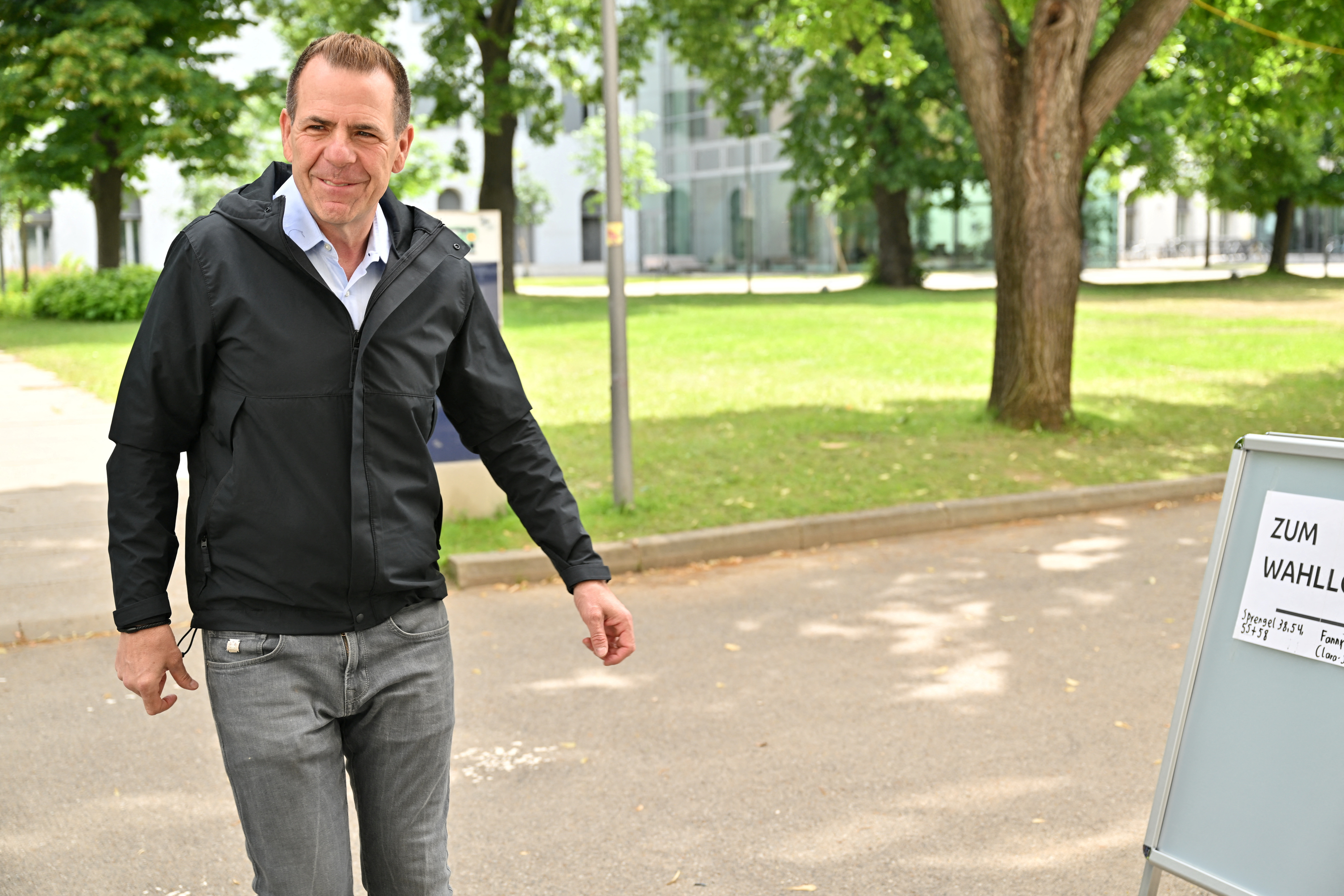
Austrian far right says EU vote win gives it momentum for national race

By Francois Murphy
VIENNA (Reuters) -Austria’s far-right Freedom Party pledged on Sunday to carry the momentum from its first-ever victory in a European election into a national vote for parliament later this year.
After polling stations in Austria closed at 5 p.m. (1500 GMT), two television channels and news agency APA published a “trend forecast” based on surveys of 3,600 people carried out this week showing the Freedom Party (FPO) came first with 27%, ahead of the ruling conservative People’s Party on 23.5%.
Once the last polling stations in the European Union closed at 2100 GMT and vote counts could be published, national broadcaster ORF said the count of regular ballots plus a projection for postal ballots showed the FPO winning by a much narrower margin, with 25.5% to the OVP’s 24.7%.
“It is an electoral success that is based on, let’s say, critical positive reform, and we now want to bring this positive reform into the parliamentary election,” the FPO’s lead candidate Harald Vilimsky told national broadcaster ORF. “One election influences the other.”
While Austria is a relatively small country with just 20 seats in the European Parliament, the vote is to some extent a rehearsal for Austria’s parliamentary election later this year. Opinion polls show the FPO has an even larger lead in that race.
The vote must be held by October and is widely expected to take place on Sept. 29.
Voters across Europe were casting their ballots on Sunday in an election for the European Parliament that is likely to shift the assembly to the right.
The anti-immigration FPO now stops short of calling for Austria to leave the European Union but is heavily critical of the bloc, pledging to strip it of powers and halve its budget. It also opposes arms shipments to Ukraine and sanctions against Russia.
It is in the same political group as Marine Le Pen’s Rassemblement National, which projections showed as the clear winner in France. Both have capitalised on voter dissatisfaction with the government.
“I take my election result as a mandate to continue working on this Austrian model in Brussels, to bring powers back to Austria and to allow more direct democracy,” Vilimsky said.
The count and projection published by ORF showed the opposition Social Democrats in third place with 23.3% followed by the Greens on 10.9% and the liberal Neos on 10.1%.
(Reporting by Francois Murphy; Editing by Alexander Smith, Keith Weir and Will Dunham)





























